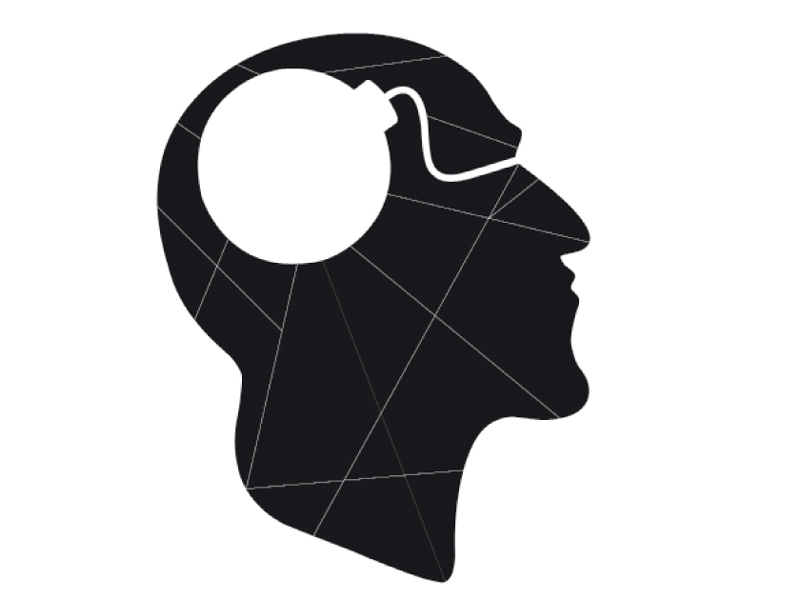World Mental Health Day: Covid-19 unleashes mental health epidemic
Due to pandemic, even those with no history of mental illness are reporting alarming symptoms
KARACHI:Before the novel coronavirus etched the word pandemic in our global collective consciousness, the world was already facing another ‘silent’ one. Although our understanding of mental health has increased vastly over the past decades, lack of awareness and old stigma continues to plague many pockets of the world.
At the same time, the ongoing Covid-19 pandemic has made the situation much worse for all of us. As we remain preoccupied with its more direct effects, the coronavirus has exacerbated the mental health epidemic by heightening anxieties and psychological stress across the globe.
According to a World Health Organisation (WHO) report, Covid-19 has created a severe mental health crisis in roughly 93 per cent of the countries of the world. The pandemic has not only made it extremely difficult to treat those with existing psychiatric or neurological conditions, even those with no history of mental health issues have been reporting symptoms associated with various psychological disorders.
Before the pandemic, one out of every four adults and 10 children was reported to be suffering from some form of mental illness. According to WHO data, nearly 150 million people worldwide had been suffering from depression alone in 2002. This number has now surged abnormally due to the pandemic.
Meanwhile, the supply of medicines used to treat mental health issues has been severely disrupted in 30 per cent of the world’s nations, along with emergency and other healthcare services. All of this has prompted the WHO to issue a call to all global leaders for increased investment in mental health.
“It is no secret that mental and nervous disorders have spiked to an alarming level since the outbreak of Covid-19,” said neurologist and general secretary of Pakistan Neurology Awareness and Research Foundation (PNARF) Dr Abdul Malik. “Mental health issues are now being reported in both those with and without a history of such conditions.”
According to Dr Malik, increasing poverty and financial instability have also contributed to the surge. “Lack of money, unemployment and lack of social interaction are all situations that can increase psychological stress,” he said. He added, however, that with the right support, most mental health issues were treatable.
According to PNARF data, 60 million out Pakistan’s total population of 220 million suffer from various mental health issues. At present, six per cent of people in Pakistan suffer from depression while 1.5 per cent suffers from schizophrenia. One per cent of all Pakistani adults and two per cent of Pakistan children also suffer from epilepsy. Even so, PNARF says there are only 300 psychologists and 200 doctors qualified to treat mental health issues in the country.


COMMENTS
Comments are moderated and generally will be posted if they are on-topic and not abusive.
For more information, please see our Comments FAQ